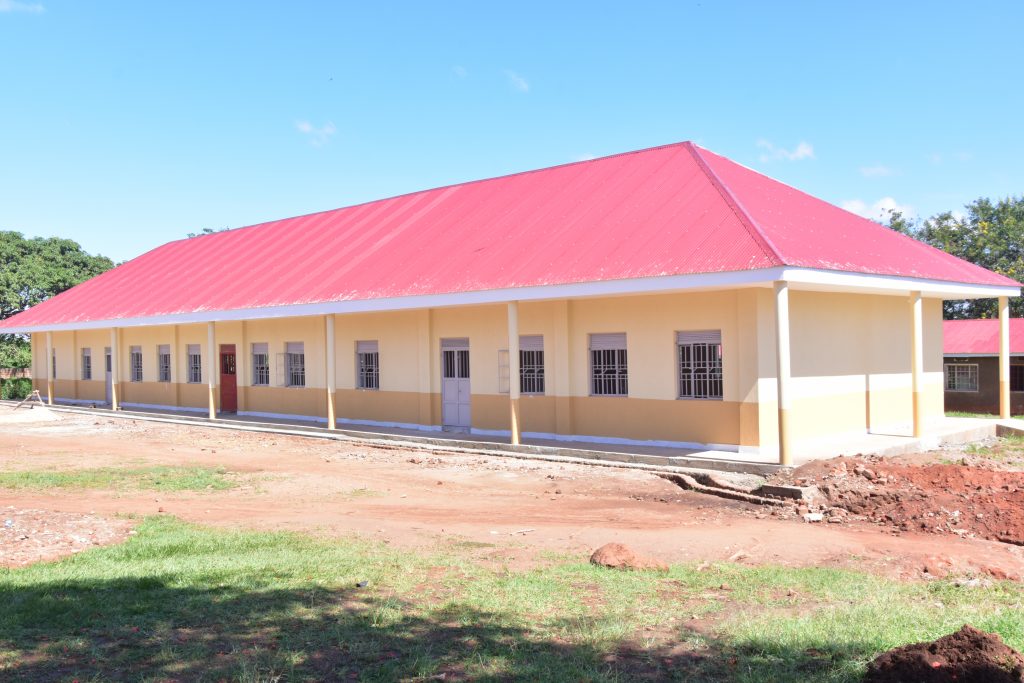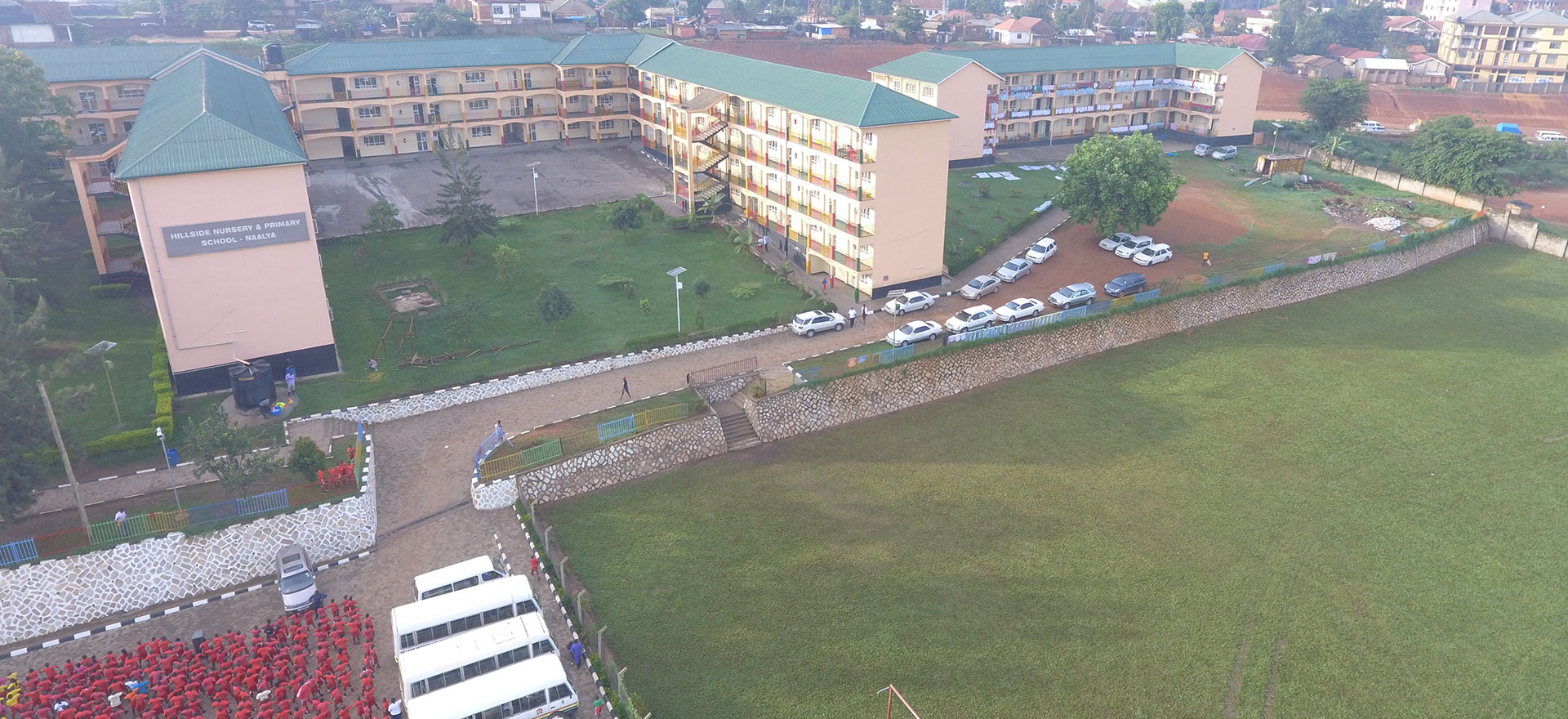The government last week rolled out the ‘One Student, One Laptop’ initiative, designed to provide every student in higher education institutions with a personal computer.
The initiative, named “Bbala,” is a cornerstone of the government’s strategy to boost Information and Communications Technology (ICT) adoption, enhance digital literacy, and prepare Uganda’s youth for the Fourth Industrial Revolution.
The ‘One Student, One Laptop’ program aims to supply high-performance laptops to students, lecturers, universities, and tertiary institutions nationwide through a flexible subscription-based ownership model.
Students are required to pay an initial 20% deposit of the laptop’s cost, allowing them to take possession of the device and settle the remaining balance over two years, making it more affordable for a broader student population.
At the launch, Evelyn Anite, the State Minister for Investment and Privatisation, hailed the program as a pivotal move toward closing Uganda’s digital divide, particularly in higher education.
“This initiative directly supports President Yoweri Museveni’s vision of building an integrated and self-sustaining economy,” Anite said.
“While it might have seemed a distant goal, what Maticent is achieving now is a concrete response to that call – to build, innovate, and empower our nation.”
The program is led by Maticent Industries Ltd, a local technology company, in partnership with the Ministry of Investment, the Ministry of ICT, and other stakeholders.
This collaboration highlights the government’s commitment to promoting local innovation while addressing key national development objectives.
Anite reflected on her own university days in 2008, recalling the struggle of queuing for limited computer lab resources. She noted that many students today face similar challenges. “Many universities and schools continue to lack adequate computer access. I am truly impressed that Maticent has brought an innovation of this magnitude, something unprecedented on Ugandan soil,” she said, emphasizing the program’s potential to resolve these issues.
Eragy Bashonga Arapha, CEO and founder of Maticent Industries, said the ‘Bbala’ program aligns with the President’s digital transformation goals.
He revealed that Maticent is establishing a local manufacturing plant capable of producing 25,000 laptops monthly, a scale that could transform national digital access. The company currently operates from its Kololo, Kampala office, where it processes subscriptions and verifies student enrollment before distributing laptops.
“We are actively encouraging every Ugandan student to acquire a computer and fully participate in the burgeoning digital economy,” Arapha stated.
He also highlighted Maticent’s international footprint, noting its registration in countries like the Democratic Republic of Congo (DRC), where it is involved in major ICT projects, including hardware assembly hubs, data centers, and satellite systems. “As an advisor to the Minister of ICT in the DRC, I see this as an example of how Africans can develop truly African solutions. This initiative is a game-changer not just for Uganda but for the entire continent,” Arapha declared.
Prof. Augustine Ifelebugu, Deputy Vice Chancellor for Academic Affairs at Victoria University, emphasized the transformative impact of enhanced ICT access on education. “Distance is no longer a barrier to quality education,” he said.
“With advanced ICT tools, we now offer blended learning, seamlessly combining in-person and virtual instruction. This means students in Gulu, Soroti, or any other part of Uganda can attend classes at Victoria University in real-time, accessing the same high-quality content.”







